No matter how diligent an HOA board or its residents are in maintaining their properties, the fact is that accidents happen, homes deteriorate, and one way or another, repairs are eventually required. In the inevitable event that an association needs to hire an outside vendor to perform a task, it’s important to remember the possible liability associated with having them work on the property. Mistakes happen, even with licensed professionals, and when they do, if the vendor is under-insured or uninsured, the consequences could be extremely costly for the association.
Association boards have a fiduciary responsibility to the community and its members, and these duties include properly vetting those who perform services for the community.
Before you hire an outside vendor to tackle routine maintenance or needed repairs within your association, consider the following to ensure you make the right choice and mitigate your risk:
Are they really insured?
It seems like an obvious question, but even if a vendor is insured, it may not be enough to cover a serious accident or oversight. For example, if a hired painter working on the exterior of a building drops a paint can onto a resident’s expensive car from two stories up, or even worse, onto the resident themself, and the damage exceeds their policy’s limits, guess who is responsible for the difference? That’s right, the HOA; after all, they did hire the vendor.
Aside from requiring proof of insurance from hired vendors, an HOA should consider requiring the vendor’s insurance to include the following:
- Workers’ Compensation: This policy will protect injured workers and prevent the association from possible liability.
- Commercial General Liability: A CGL policy will protect the association from lawsuits resulting in bodily injury or damage to property from the vendor’s work.
- Completed Operations: Any related damage occurring after the work is completed is covered by this policy.
The bottom line: when it comes to insurance coverage, don’t just take the vendor’s word for it. It’s imperative to verify insurance with the carrier for even the most highly recommended contractor to be sure their coverage meets the association’s requirements.
Independent Contractor or Employee?
A vendor’s “employment status” can have a significant impact on liability for the hiring HOA. By designating the vendor as an “independent contractor,” the association is protected from potential liability for any damage due to negligence on the part of the vendor because they only control the result of the vendor’s work, not the means by which it is accomplished. On the other hand, if the HOA trains the vendor, establishes their hours or provides them with equipment, the vendor’s employment status is as an “employee” of the HOA. You may consider consulting with your legal counsel to determine which type of vendor will best meet the needs of the association.
Is it legally binding?
When you’re satisfied with the vendor’s insurance and have determined their type of employment, you’ll want to note it in a finalized vendor agreement. Work with an attorney to draw up a written, legally binding contract that specifically states all of your required terms and conditions and that will protect your association from unnecessary costs and liability.
Need help?
If the process of hiring multiple vendors for your association seems overwhelming, you may want to consider seeking additional help. Hiring a professional HOA management company that has a formal vendor management and vetting process can remove much of the guesswork and provide peace of mind that you’re doing what’s in the best interest of your HOA, community, and residents.





